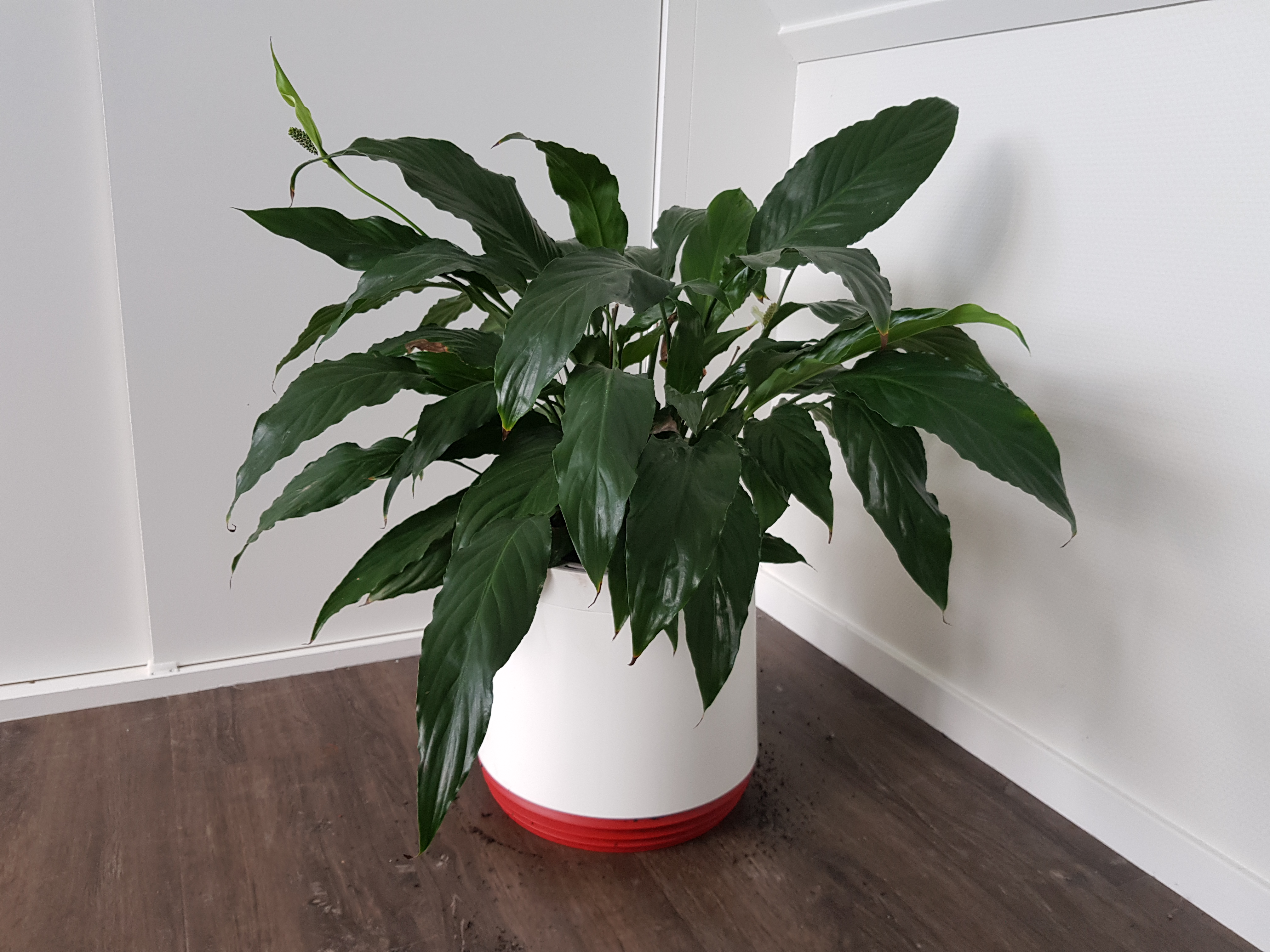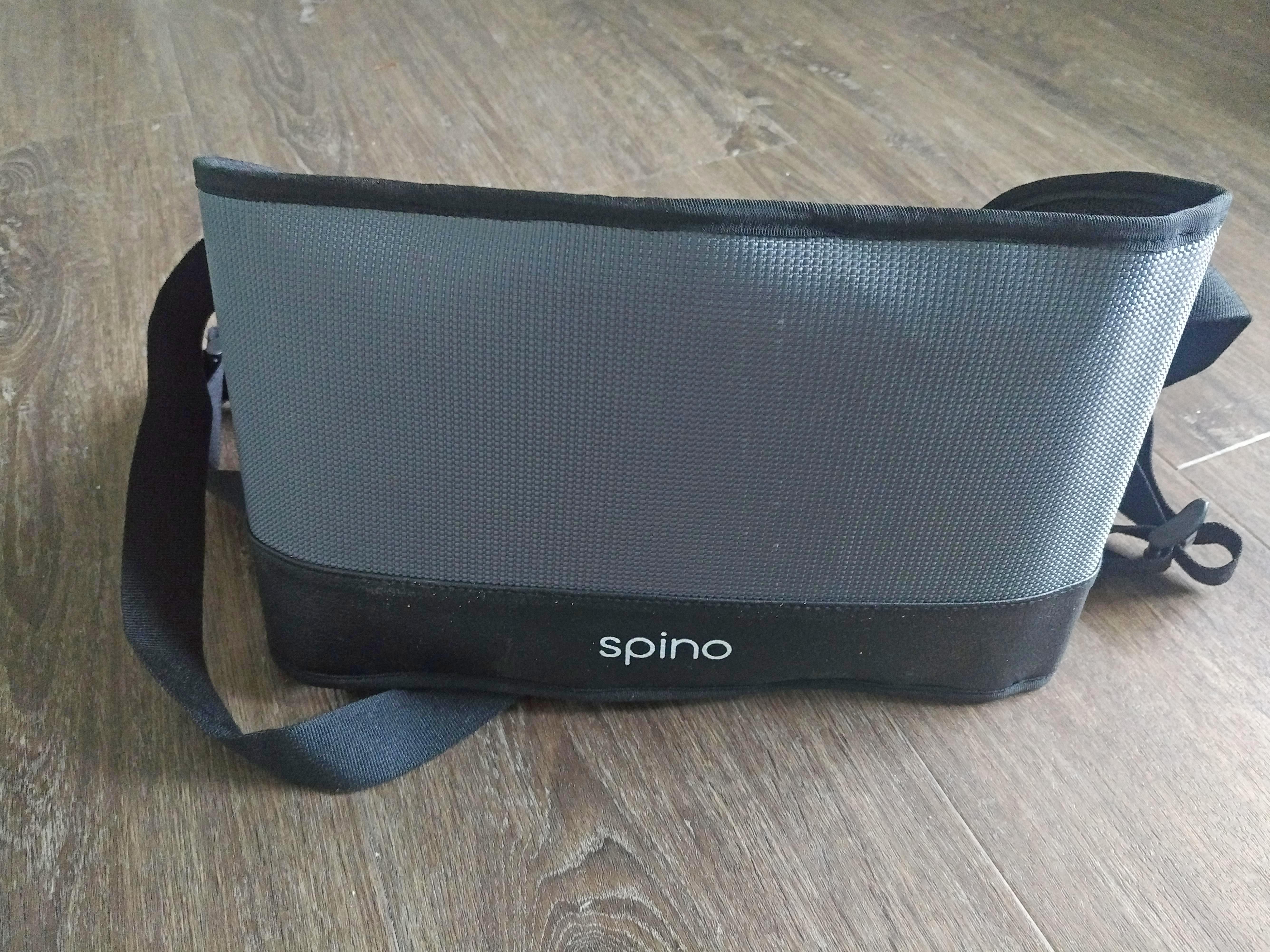- All
- Academy
- App localization
- Kitchen sink
- Translation practice
- Translator Tech Tips
- xl8 review
The GDPR for translators: all you need to know (and do!)
With only a few days to go, many businesses all over the world are preparing for the moment the General Data Protection Regulation (GDPR) comes into effect. Translation agencies and freelance translators alike should be prepared to implement the rules of the GDPR as well, but among freelance translators especially, the lack of interest or knowledge of this highly complicated matter seems striking. What is the GDPR actually and what should translators do to be prepared? Read the answers on 10 important questions.
The xl8 review project goes travelling
With the upcoming summer months and a whole bunch of translation conferences ahead, the need for great travel gear increases among both consumers and professionals. The xl8 review will therefore focus on some great gadgets for translators who will be off the grid in the upcoming months. Read this sneak preview.
Smart devices and the future of CAT tools
CAT tools have already been on the market for many years now and yet they are still improving. New technologies and emerging needs from translators are triggering a shift from computer-aided translation tools to smart device-aided translations tools. Does the future of productivity lie in web-based translation environments?
Spino review: improve your posture at work
Subscribe to the newsletter
Like this review? Subscribe to the newsletter!
[newsletter_signup_form id=2]
Moral convictions in translation
Translators often pride themselves that they are translating the work of their clients irrespective of their own values and perceptions. But is it really possible to deliver a translation without taking other values into consideration? Two recent projects I did made me think about how value-free a translation actually can be.
Sorrow with smileys
Thanks to the popularity of social media, it is impossible to imagine life without Emojis. Meanwhile, real attempts are being made to translate literature into smileys. How well does that work?
Review of MySun Desk Lamp
Subscribe to the newsletter
Like this review? Subscribe to the newsletter!
[newsletter_signup_form id=2]
Why some source texts deserve not to be translated
Bridging cultures and conveying messages from one language and culture to another is one of the most important aspects of translation. It is not without reason that translators pride themselves on the important role they have played in making knowledge and culture accessible to a global audience. Yet history shows that some source texts are best not translated, simply because their words are then far more powerful.
Unveiling the details of a Bible translation
While the Bible is not quite as popular nowadays as a few centuries ago it still remains one of the most read books (if not the most read) of the world. In The Netherlands that is no different than elsewhere in the world. In January, Dirk Jan de Kooter defended his doctoral thesis on the origin of the most popular (and one of the oldest) versions of the Holy Book in Dutch. In this blog post I provide a review of his thesis.










